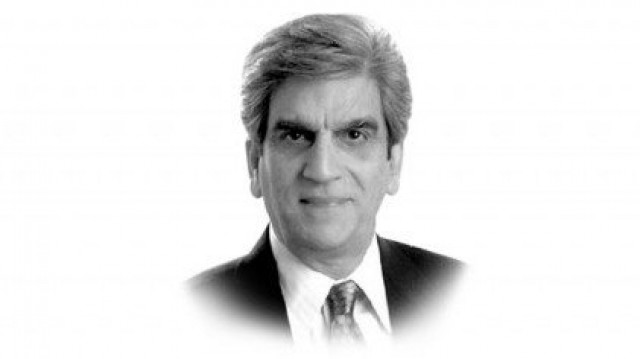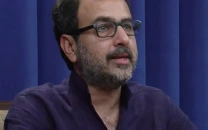Save more, consume less

All this has left me rather bewildered. I must have gone to the wrong school to learn economics. I was taught that developing countries are characterised by a chronic shortage of savings relative to investment with a chronic imbalance in their external accounts between exports and imports. Given these ‘twin-gaps’ – or more appropriately ‘twin-deficits’ – the best economic development strategy was one that emphasised savings and net exports (exports minus imports) so that these gaps can be reduced and the economy made self-reliant. Pakistan is no exception. Our twin-deficits remain unsustainably large and are financed by borrowing, which is reflected in the ominous rise in our debt to GDP ratio. Pakistan continues to be a lowsavings economy. While the private sector savings ratio is positive, it is overwhelmed by the dis-savings of the public sector, most prominently in the form of a perennially large fiscal budget deficit. This reflects a dysfunctional and inequitable tax system with falling tax yields. There are no inflation-indexed savings instruments that might help safeguard the real value of savings and encourage people to save. Thus, the pool of potential savings in the economy is channeled into non-productive uses such as buying gold and speculation in real estate and the stock market that creates dangerous asset price bubbles.
Given this it is incongruent to say that Pakistan, with a persistent level of dis-savings, should boost consumption. As economic growth occurs there will be a rise in per capita consumption and that is good. But such a rise in consumption must occur pari passu – in equal footstep – with a rise in savings to match the investment needed to sustain economic growth, create jobs and reduce poverty. Concurrently, economic policies must focus on boosting net exports. Unless we can reduce this gap to a level that can be financed easily by non-debt – creating ‘autonomous capital inflows’ such as foreign direct and portfolio investment as other successful developing countries have done – Pakistan will always remain dependent on politicallyvolatile foreign aid inflows and painfully frequent recourse to ‘exceptional’ financing from the IMF.
Even the largest economy in the world, the US, is moving away from consumption towards higher savings and exports against the backdrop of lessons learnt during the worst economic crisis (2007-09) since the Great Depression. Many Americans are saving more, eschewing their gas-guzzling SUVs in favour of smaller, fuel-efficient cars. Yet, we, a poor developing country with large twindeficits that we never seem to get close to reducing and can only finance by taking on more debt are being told by economists, of some repute no less, that encouraging consumption and dis-savings and taking on debt is a viable economic strategy.



















COMMENTS
Comments are moderated and generally will be posted if they are on-topic and not abusive.
For more information, please see our Comments FAQ